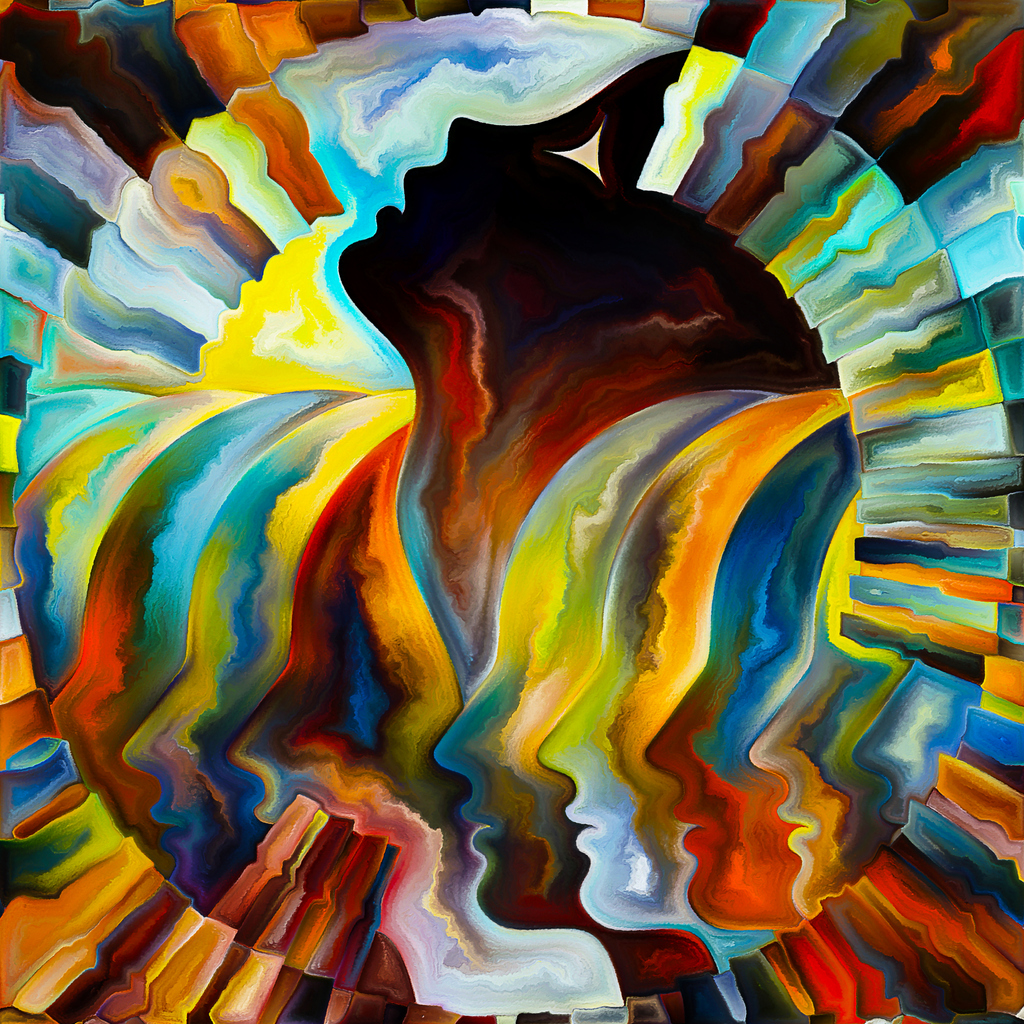Review: A History of Delusions, Victoria Shepherd, Oneworld
A delusion, Victoria Shepherd tells us, is a fixed, false belief ‘in the face of decisive evidence’ against. Yet delusions are not completely irrational. We can trace a logic, bizarre though it may be, in these at-times unbelievable manifestations of mental instability.
Her book is not an entire history of delusions – more a series of case studies. But wide-ranging and fascinating they are, and, more than this, Shepherd tries to understand what traumas might underlie the turn to delusion in these particular cases, shedding light on the way delusion operates in general, with, perhaps, lessons for our own time.
The subtitle of her book, ‘The Glass King, a Substitute Husband and a Walking Corpse’, refers to three cases in particular. The first involves France’s King Charles VI, who, at the time when glass was a newfangled commodity, became convinced that his bones were made of glass. He wrapped himself in padding and avoided being touched. Charles took the throne early, in the context of unstable monarchies, feuds and wars, and one doesn’t need to be much of a Freudian to surmise that his feelings of literal fragility were motivated by the metaphoric fragility of his royal position. Shepherd adds ‘precious’ to ‘fragile’, as medieval royalty were rare stuff, needing to be protected because of all the political associations dependent on the continuation of their physical lives.

Shepherd also writes about people who told their doctors that they were already dead (a kind of zombie syndrome) and that, for example, eating was useless. (One female patient starved herself to death.) Digging a little, Shepherd surmises that, in a number of cases, the feeling of being already dead may have been motivated by a feeling of being morally dead, exacerbated at times by stern Victorian morality or the Catholic Church’s grave insistence on the reality of mortal sins, which doomed one to eternal death. Unsurprisingly, the moral scrutiny applied disproportionately to women meant that these types of cases were more likely to be diagnosed in women.
In one famous case of delusion, a 50-year-old woman in Paris in the early twentieth century insisted to her doctors that her husband had been replaced by a series of doubles, and that her (dead) children had been abducted. Furthermore, the police and the doctors were in on it. Weirdly, she had also been replaced, and her appearance had been changed by someone putting drugs into her food, in order to deny her her aristocratic background. Her parents were not her real parents, and she was swapped at birth. (This is a common fantasy of children that, Shepherd tells us, they usually grow out of.) She also claimed that thousands of men were being held under the streets of Paris.
Shepherd is especially empathetic towards this woman, who lived in the context of wartime where there are all sorts of covert operations and spying (so her accusations of skulduggery are not completely baseless). Further, for such a traumatised woman, it may make more sense to assume your husband has been replaced by a double than admit to changed feelings towards him. Rather than deal with the trauma of mass wartime death, it may make sense to assume all the missing people are hidden away somewhere. Her delusion can be seen as a rebellion against the cheapness of life, the explosion of population in Paris and the accompanying wild inequalities of wealth between a conspicuous upper class and the ‘underground’ of the working class.
Some of this may remind one of Oliver Sacks’ famous The Man Who Mistook His Wife for a Hat, but in that instance, the patient was conscious of a cognitive dissonance. In Shepherd’s examples the problem is in not recognising the falseness of one’s beliefs. (The man knew his wife wasn’t actually a hat.) Shepherd suggests that delusion is often clarification in the midst of confusion, but it is clarification in the wrong direction – that of untruth. Yet this clarification is somewhat comforting. There is a transference at work, where a particular loss of power or autonomy is compensated by the assertion of power in another sphere, as in the instances of people claiming to be unacknowledged royalty or that a celebrity is secretly in love with them. This is especially the case for women in eras where they had less agency than men.
Confusing times can bring about such misplaced logic, and we can see this in politics. In America’s rust belt, the delusion that Trump is going to save America is likely fed by a refusal to admit helplessness in the face of economic downturn and the belief that anarchic liberals are out to ruin their lives.
More prosaically, in our current saturation of celebrity culture, it may be that many are deluded in thinking they are closer to celebrities than they actually are, or that, through social media, they are more famous than they actually are. In a chaotic, populous world, social media popularity may say something about the need for (real) connection.
There are likely unacknowledged delusions in our churches too (and I am not talking about the rather lame New Atheist accusations). In an era where the churches are facing increased indifference from the cultural mainstream, we might want to guard against turning inwards and thinking debates on peripheral doctrinal issues are vital, instead of recognising our call to engage from the sidelines in acts of subversive love. And in cultivating connection, it might be helpful to not only recognise the delusion, but, as Shepherd does, seek to understand the brokenness that leads people to the comfort of delusion.
Nick Mattiske blogs on books at coburgreviewofbooks.wordpress.com and is the illustrator of Thoughts That Feel So Big.













1 thought on “Where do delusions come from?”
Perhaps if we extend the argument further we could surmise that much of the Christian churches agonising over theology is part of that illusory process because we desire but cannot control the mystery of the divine. Not surprisingly, Gnosticism was one of the earliest heresies in the early Christian church. Surprise, surprise, people wanted to have a control of dogma. So the early Christian Councils can be seen as a desperate need to argue about eternity versus humanity, versus the source of the Holy Spirit and on it goes. Perhaps the radical message of Jesus was simpler than we make it: be in love with that which is divine and your neighbour as yourself.